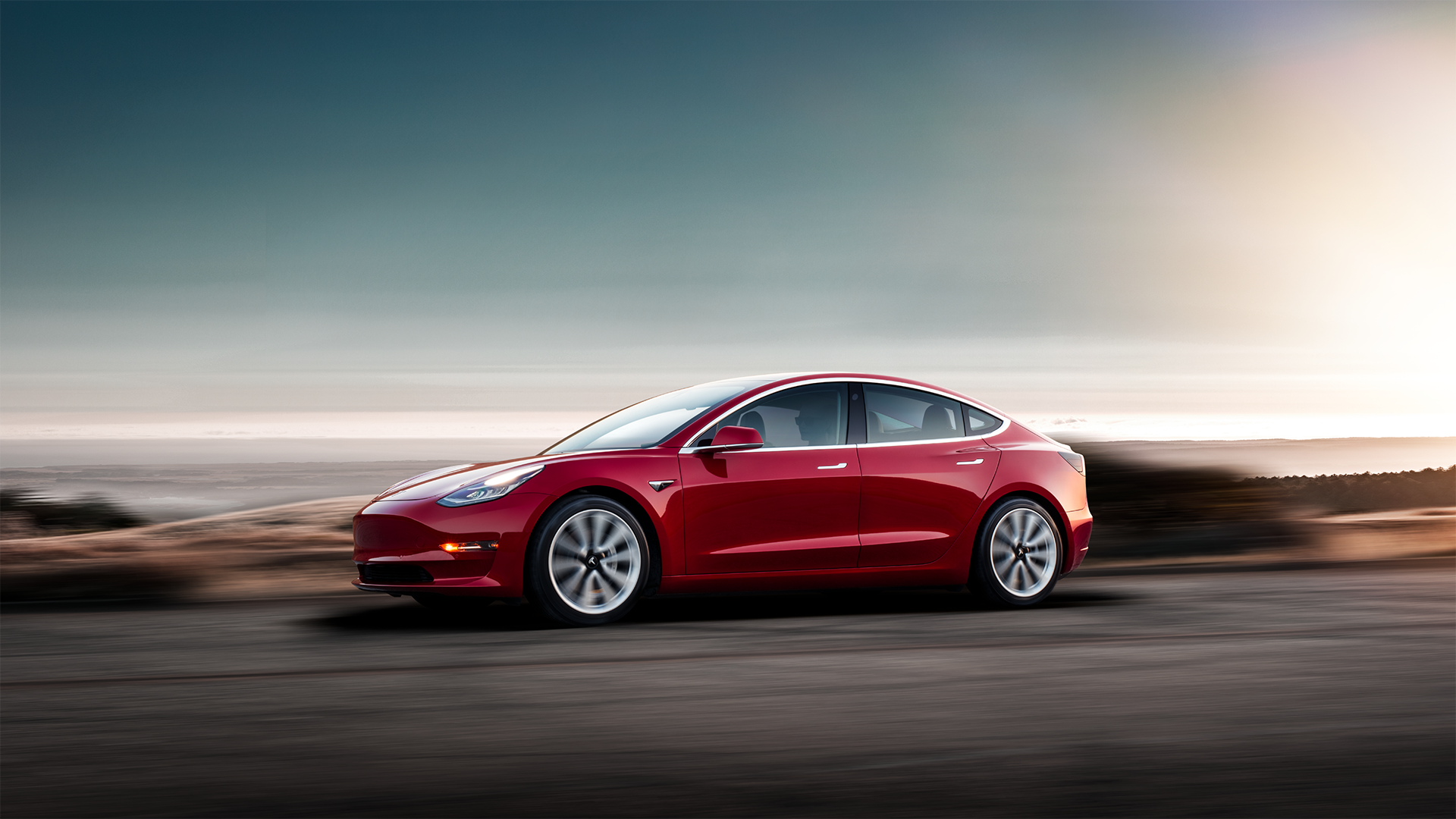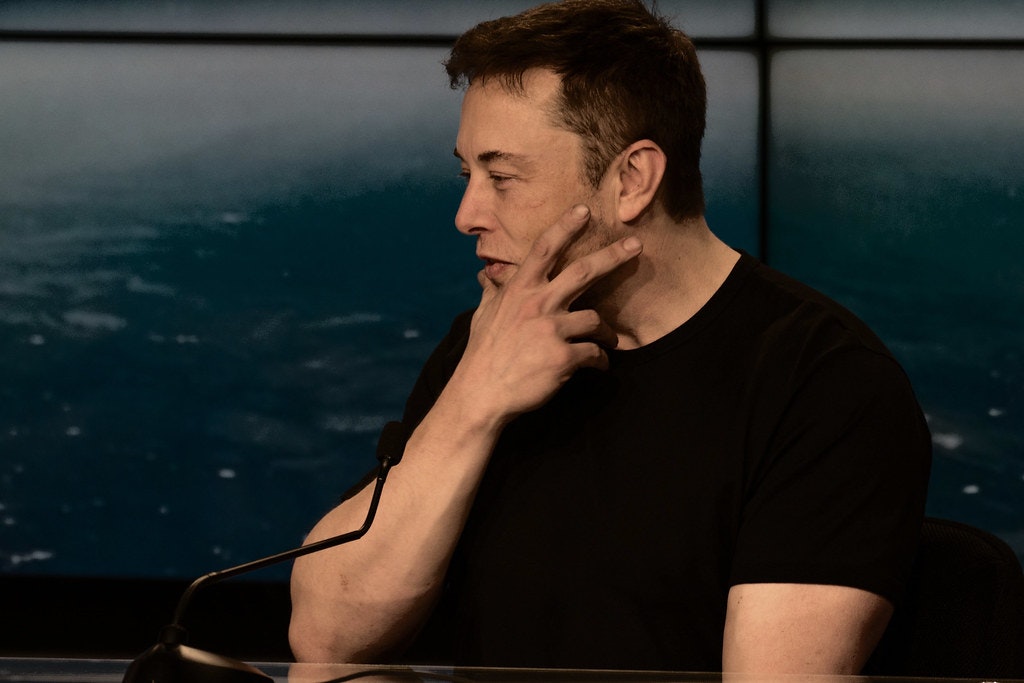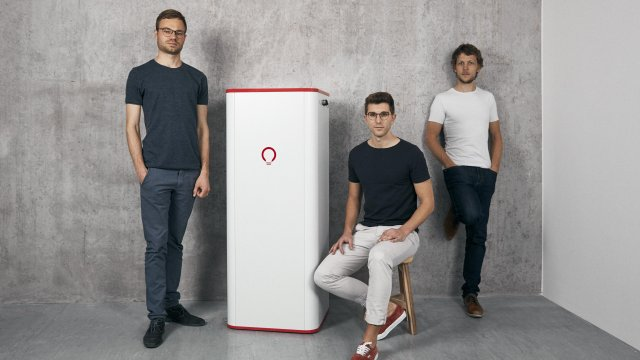The Netherlands was one of Europe’s most prolific buyers of Teslas but now the Dutch honeymoon seems to be over, with Tesla facing a lawsuit from a large taxi company, and a group of disgruntled car owners considering a class action suit.
Bios Group, a taxi firm that operates a fleet of more than 70 Teslas out of Amsterdam’s Schiphol airport is taking Elon Musk’s company to court over €1.3m in damages, citing a high number of defects in the vehicles and difficulties in getting them repaired.
There are defects with some 20 of the 70 taxis, ranging from broken power steering to broken drive shafts and broken power steering, according to the Hella Hueck’s story in Dutch financial newspaper Financieele Dagblad. Bios had to have 75 defects repaired in 2018 and another 60 in 2019.
Even more problematically Bios says there have been problems with odometer readings in the cars being inaccurate, registering journeys from the wrong location or for the wrong distance, something which could land the taxi company in legal difficulties.
Though the European car industry may feel like it has been outcompeted by Tesla in electric vehicles — Tesla has a bigger share of the electric vehicle market than all the European carmakers combined — these types of service quality problems may yet give the incumbent automakers an opportunity to win back customers. Bios says it has recently bought 5 Audi E-trons, in part because it expects better after-sales service from Audi.
There have been many recent reports about problems with Tesla vehicles. In June, JD Power, a consumer intelligence company whose car reliability report is considered the industry standard found that Tesla owners reported more problems in their first 90 days of ownership than the other 31 US auto brands included in the study. Tesla owners reported 250 problems per 100 vehicles, compared with an industry average of 166 problems per 100 vehicles.
Bios bought the fleet of 72 Model S Teslas in 2014 for €5.7m, one of Europe’s biggest fleets at the time, creating a splash of publicity for the young car company as the fleet paraded around the streets surrounding Schiphol, proclaiming the airport’s commitment to going 100% electric.
But in the last few years, Bios says, it has grown steadily more difficult to get the faulty cars repaired, finally leaving them with no option but to launch a court case to get a resolution.
In October, meanwhile, a group of disgruntled Dutch Tesla owners have started the Tesla Claims Foundation, bringing together owners who want Tesla to do more to repair faults in their cars. Some 200 people have so far joined the foundation, with complaints ranging from relatively simple things like rattling noises and poorly working windscreen wipers to broken computers and charging problems.
The foundation is reviewing all the complaints it has gathered and will decide in January whether it has enough to proceed with a case.
These will not be the first cases brought by disgruntled Tesla drivers in the Netherlands — in July a group of individual taxi drivers based in Schiphol airport brought a claim against Tesla for similar faults and difficulties in getting repairs. But ultimately the case was dismissed on a relatively technical point as the court ruled that the claims should have been made against the company that had brokered the leasing agreement for the cars.
In California, personal injury law firm McCune Wright Arevalo filed a suit in January on behalf of Tesla drivers who had experienced incidents where their vehicles suddenly accelerated without being commanded to do so. Last month the law firm said it was also considering a suit related to a suspension problem. In October Tesla announced a recall of 50,000 Model S and Model X electric vehicles in China in October due to suspension problems, and the firm argues that Tesla should provide the same relief to US owners.
Business Insider reported last year that Mena Massoud, the star of Disney’s live-action Aladdin movie, was suing Tesla, saying faulty suspension caused the wheel to come off his newly purchased Model 3, causing it to crash.
****



